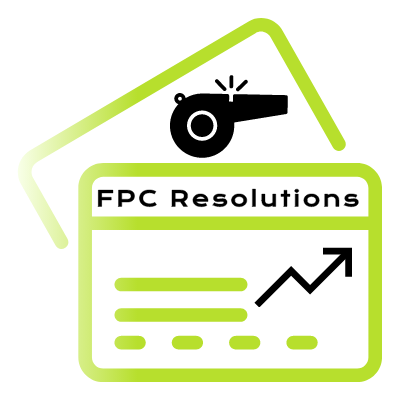Maxing out credit cards occurs when you use up the entire available credit limit on your credit card(s). This practice can have several financial and credit-related consequences:
Credit Card Limitations:
-The Credit Card Accountability Responsibility and Disclosure (CARD) Act of 2009 generally prohibits credit card issuers from allowing you to exceed your credit limit without your consent. However, this doesn’t mean that maxing out your credit card is advisable or without consequences.
Negative Impact on Credit Score:
– Maxing out credit cards can significantly lower your credit score. This is primarily because credit utilization, which is the ratio of your credit card balances to your credit limits, is a crucial factor in determining your credit score. High credit utilization, such as maxing out a card, is viewed negatively by credit scoring models.
Reduced Borrowing Capacity:
– Maxing out your credit cards limits your ability to access additional credit when you need it. It can make it challenging to qualify for new credit or loans, and if approved, you may receive less favorable terms.
Interest Charges:
– When you max out a credit card and carry a balance, you’re likely to incur high-interest charges, making it more expensive to repay your debt. High-interest rates can contribute to a cycle of debt that is difficult to escape.
Minimum Payments:
– Maxed-out credit cards can lead to higher minimum monthly payments, making it harder to manage your finances. If you only make minimum payments, it can take a long time to pay off the debt, and you’ll pay a substantial amount in interest.
Financial Stress:
– Excessive credit card debt, including maxed-out cards, can lead to financial stress and anxiety. It’s essential to address the issue promptly to regain control of your finances.
To avoid the negative consequences of maxing out credit cards:
– Keep Credit Utilization Low: Aim to keep your credit card balances well below the credit limits, ideally utilizing no more than 30% of your available credit.
– Pay Balances in Full: Whenever possible, pay your credit card balances in full each month to avoid interest charges and reduce debt.
– Create a Budget: Establish a budget to manage your finances effectively and ensure that you are not overspending or relying on credit cards to cover daily expenses.
– Build an Emergency Fund: Having an emergency fund can help you avoid turning to credit cards for unexpected expenses.
– Pay Down Debt: Develop a plan to pay down your credit card debt systematically. Consider paying off higher-interest debts first.
– Seek Professional Help: If you’re struggling with credit card debt and financial management, consider consulting with a credit counselor or financial advisor for guidance tailored to your situation.
Remember that responsible credit card use and effective debt management are essential for maintaining good financial health and preventing maxed-out credit cards from becoming a long-term issue.
